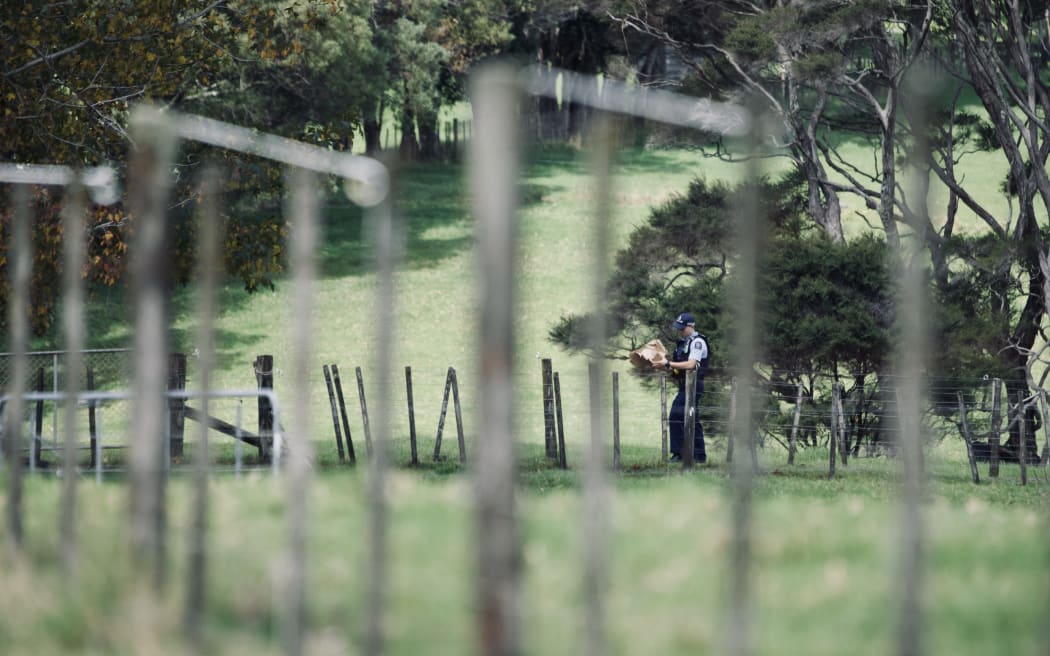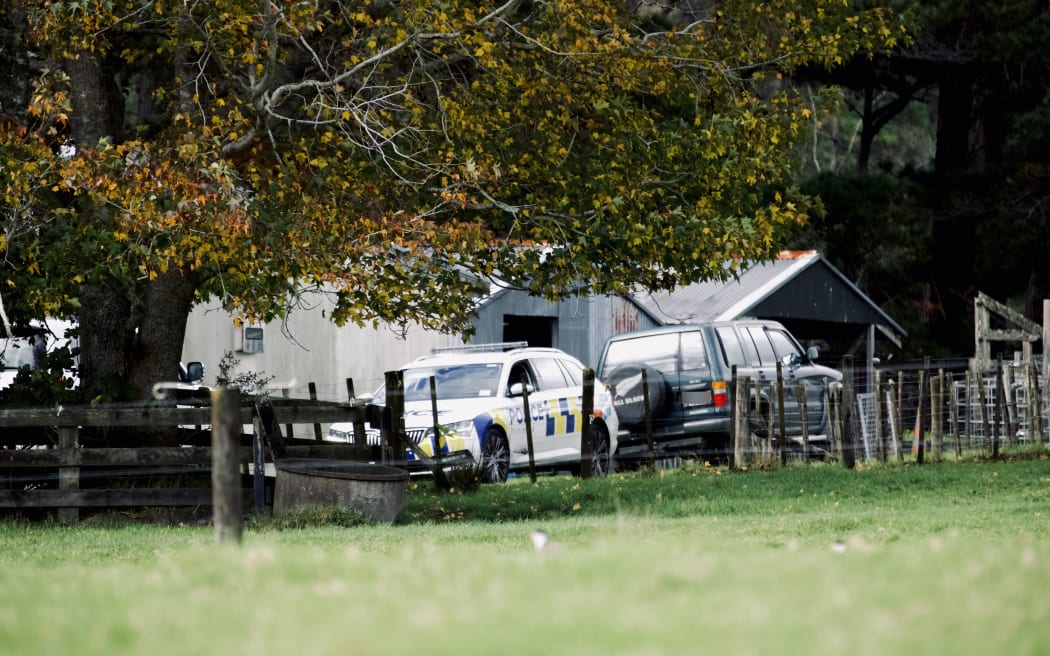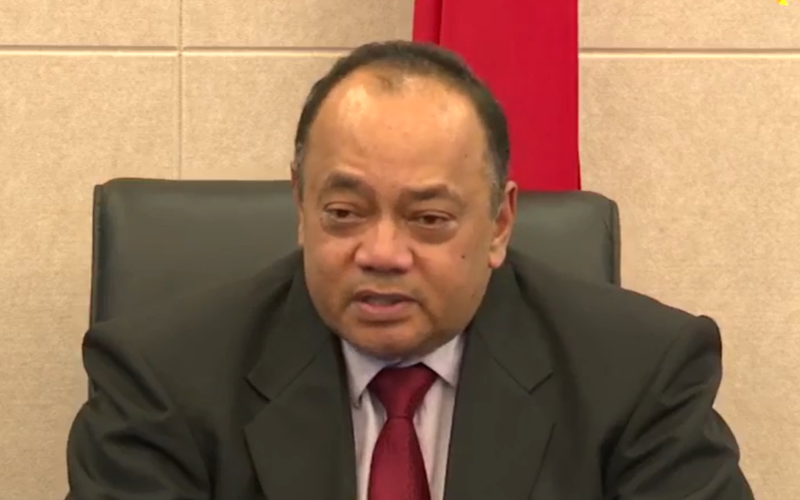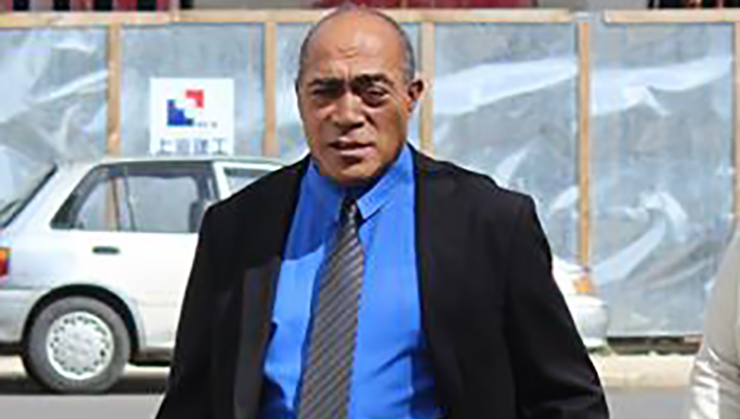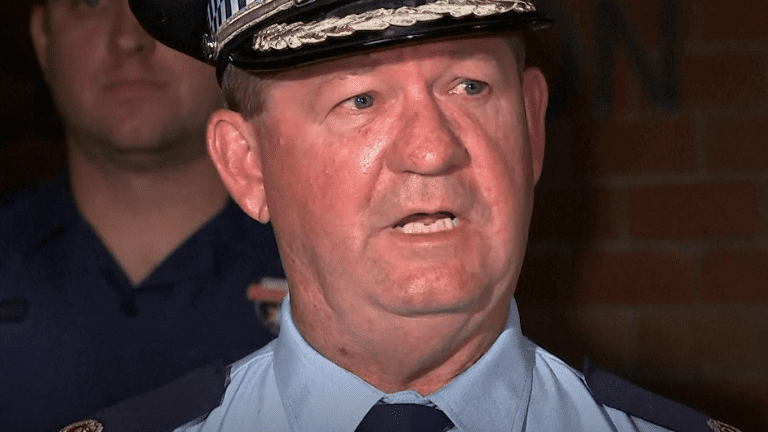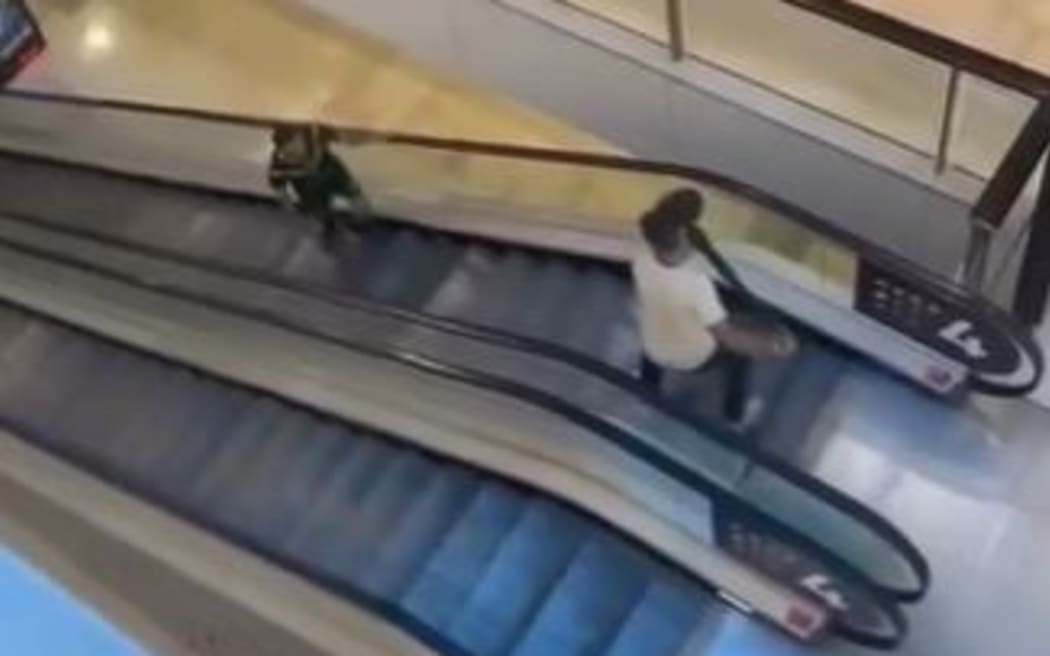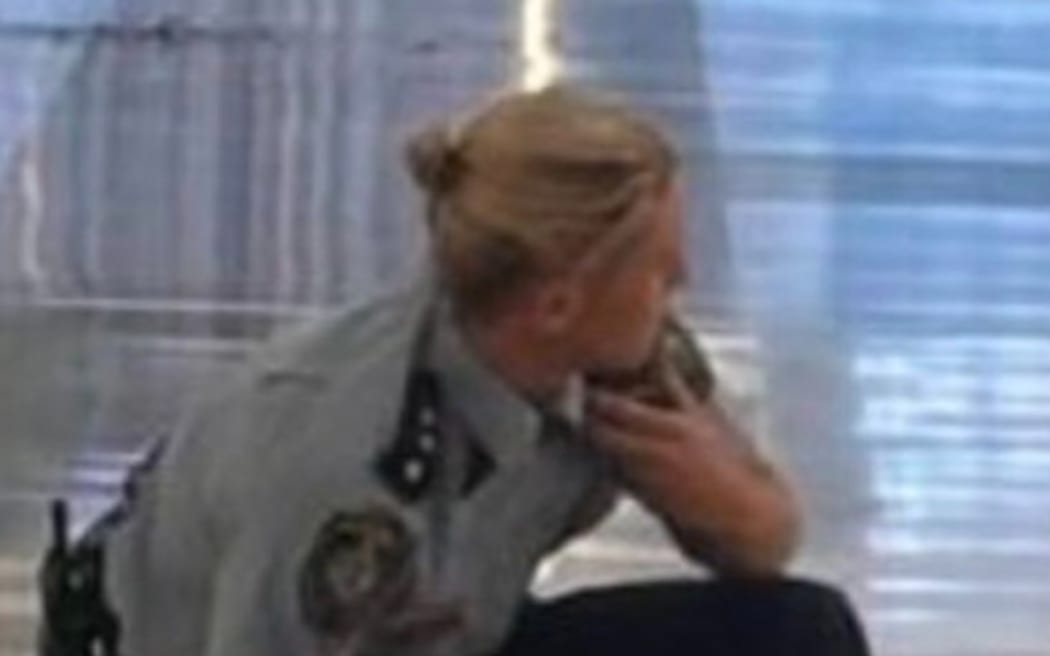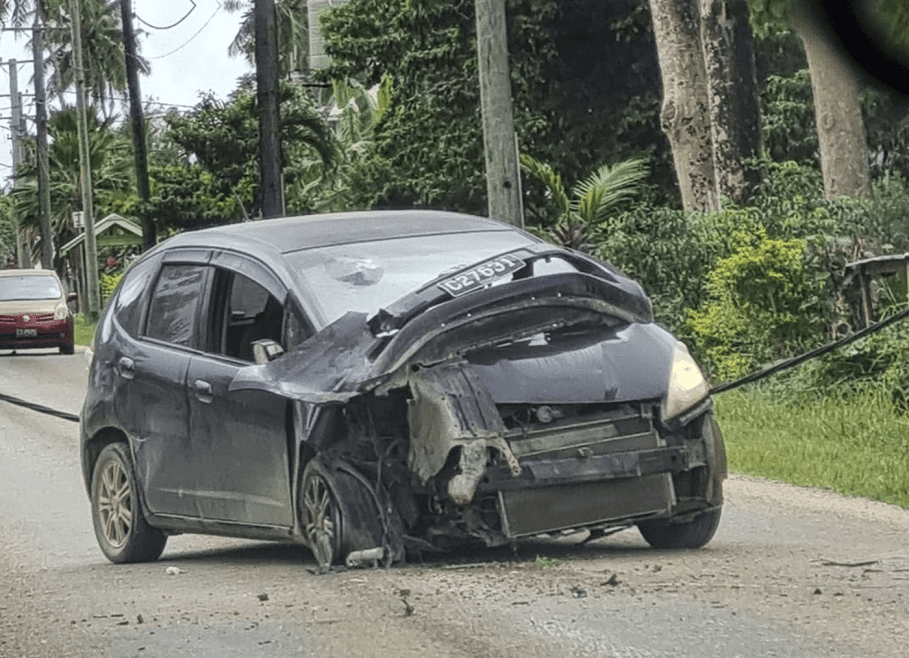KANIVA COMMENT: The Ministry of Civil Aviation and Ministry of Infrastructure has attacked Kaniva News’ reporting that concerned citizens have called on the Prime Minister and members of the Lulutai Airlines board to resign.
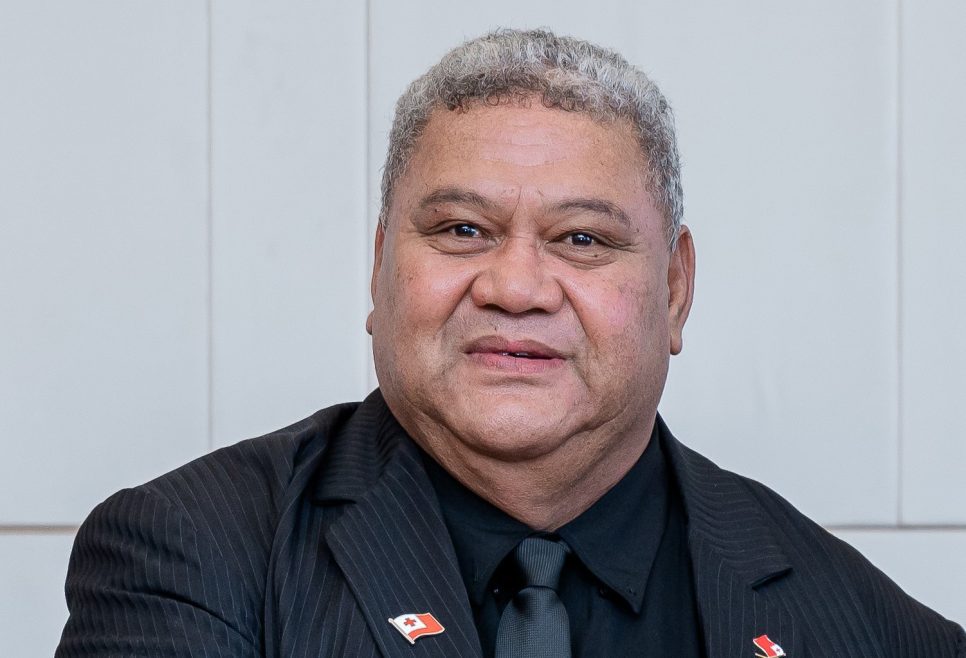
We believe the ministry’s comments are misleading.
Kaniva News has at no time called on the Prime Minister to resign, nor have we attributed any blame to them. We reported on calls made by citizens concerned about the incident. It is quite normal for citizens in democracies to express strong views when state-owned assets are involved. This may also involve demanding that those at senior management and political level take responsibility for such issues. Equally, it is perfectly normal for the media in a democracy to report on robust debate about matters of public interest. This is part of the function of a free press in a democracy.
We have made it quite clear that our most recent reports were based on the preliminary report into the event which damaged Lulutai Airlines’ the Saab 340-B.
We also made it clear that the preliminary report does not make any findings as to the cause of the accident.
The Ministry has demanded that we apologise for the article. We decline to do so.
Click here for the preliminary report link and you can scroll down to page 9:
Here is the English version of the Ministry and the Civil Aviation Division’s complaint.
Ministry/CAD complaint 1. <<Claims that pilots deliberately act to disable the system (flight data recorder) with the intention of hiding information relating to the accident flight is untrue. I understand from Chief Investigators and his team and pilots (involved) in the accident flight were always willing to support or provide information/interview when required by the investigators during the course of the investigation.>>
Kaniva News response: This complaint is baseless. We made no such allegations. This is what we said, based on the preliminary report:
“The cockpit data recorder on the Lulutai airlines Saab340B which lost its brakes and hit a concrete wall after landing at Fua’amotu airport was not working properly.
“A preliminary report from the investigation into the crash organised by the Ministry for Infrastructure’s Civil Aviation Department said the flight data recorder did not contain any information about the aircraft’s progress before the crash.”
“It said the recorder indicated that it last worked properly on July 11, 2023.
“There were signs that the recorder may have been deliberately disabled.”

The preliminary report gives no opinion as to who might be responsible. Kaniva News certainly made no such claim. Insofar as the crew of the flight are concerned, the preliminary report concentrates on describing their actions during the flight and after landing. Otherwise we cited a number of sources describing the function of the recorder and its importance in investigations.
Ministry/CAD complaint 2. <<Cockpit Voice Recorder (CVR) was taken to Australian Transport Safety Bureau (ATSB) facilities in Canberra, Australia where the successful download of the accident flight was achieved. I understand from the Chief Investigator that he was able to listen to conversations of the flight crew during the accident flight.>>
Kaniva News response: Our report on the cockpit voice recorder were confined to a quote from the preliminary report which said: “The cockpit voice recorder was working, but the cockpit microphone appeared to have been operating at a very low level. The underwater locator beacon had not been fitted.” Otherwise our comments about the CVR were confined to a description of its function.
Ministry/CAD complaint 3. <<If the investigators were to find any critical safety issue that requires timely safety actions, it will be reported to relevant stakeholders (including the Director of Civil Aviation). To date, the Director of Civil Aviation has yet to receive any critical safety issue report from the investigators.>>
Kaniva News response: As already stated, we made it clear this was a preliminary report and that the investigation is continuing.
We urge our readers to read our two most recent stories and to read the preliminary report.
For more information
Concerned citizens call for resignations after release of preliminary report on Saab crash


